If you are considering to rent a telescope, this can be a great option for those who want to experience the wonders of stargazing without committing to a large purchase.
With so many different types of telescopes on the market, it can be challenging to choose the right one.
However, by understanding the basics of telescope rental and considering your specific needs, you can find the perfect instrument to help you explore the night sky.
In this blog post, we will cover everything you need to know about how to rent a telescope and help you make an informed decision.
Why Rent a Telescope?
Deciding to rent a telescope can be a great option for those who are curious about stargazing but are not yet ready to invest in a permanent setup. For some, stargazing may be a short-lived hobby or a one-time experience, and purchasing a telescope may not make sense in this case.
If you rent a telescope, this allows individuals to try out stargazing and see if it’s something they’d like to continue before making a significant investment.
Additionally, telescopes can be expensive, and the cost of buying one can be prohibitive for many people. Renting a telescope offers a cost-effective way to experience the joys of stargazing without breaking the bank.
Finally, if you rent a telescope this allows individuals to try out different types and sizes of telescopes before making a purchase.
This can be particularly helpful for those who are new to stargazing and are not yet sure what type of telescope they would like to own. By trying out several different models, they can gain a better understanding of their preferences and make an informed decision when purchasing a permanent setup.
Understand Your Needs Before You Rent a Telescope
Identify Your Level of Interest and Experience with Stargazing
Before renting a telescope, it’s important to consider your level of interest and experience with stargazing. This will help you determine what type of telescope will best meet your needs.
If you’re a beginner or just starting to develop an interest in stargazing, you may want to start with a simple and easy-to-use telescope that will give you a good introduction to the hobby.
On the other hand, if you’re an experienced stargazer, you may want to rent a more advanced telescope that will allow you to see more detailed objects in the night sky.
Additionally, your level of experience will also determine the complexity of the telescope you need. For example, if you’re an experienced stargazer who is used to working with telescopes, you may be comfortable with a manual telescope that requires you to manually track the night sky.
However, if you’re a beginner, you may prefer a motorized telescope that automatically tracks objects in the sky.
It’s also important to keep in mind that stargazing is a hobby that requires patience and persistence. It takes time to become proficient at using a telescope and to be able to find and observe objects in the night sky.
Determine What You Want to Observe
Once you’ve assessed your level of interest and experience with stargazing, the next step is to determine what you want to observe in the night sky. This will help you rent a telescope that is suitable for your needs.
If you’re interested in viewing celestial objects such as stars, galaxies, and nebulae, you’ll need a telescope with a large aperture.
- Aperture refers to the diameter of the telescope's main lens or mirror, and the larger the aperture, the more light the telescope can gather, and the clearer the image will be.
If you’re interested in viewing planets, you’ll need a telescope with a higher magnification.
- Magnification is determined by the focal length of the telescope, and a higher magnification will allow you to see more detailed images of planets such as Saturn and its rings.
Consider the Location for Observing
When deciding to rent a telescope, it’s important to consider the location where you’ll be observing.
The location can have a significant impact on your stargazing experience, and it’s important to choose a suitable location that will allow you to see the objects you want to observe.
One important factor to consider is light pollution. Light pollution is the artificial light from streetlights, buildings, and other sources that can interfere with your view of the night sky.
The more light pollution in your area, the more difficult it will be to see celestial objects. If you live in an area with a lot of light pollution, you may want to find a location away from city lights where you can have a clearer view of the night sky.
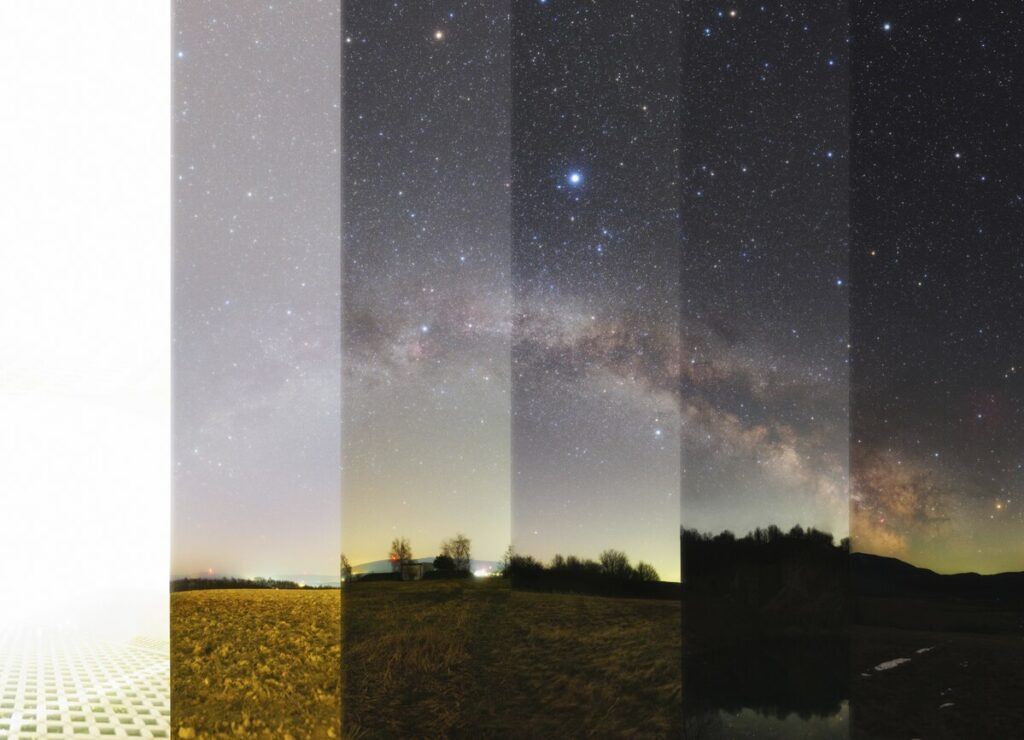
Types of Telescopes
Comparison of the Telescope Types
When it comes to renting telescopes, there are several different types to choose from, each with its own unique benefits.
Some of the most popular types of telescopes include refractor telescopes, reflector telescopes, and catadioptric telescopes.
Refractor telescopes are the most common type of telescope and are known for their clear and crisp images. They use a lens to gather light and form an image, and they are easy to use and maintain. They are also a good choice for viewing planets and are typically more portable than other types of telescopes.
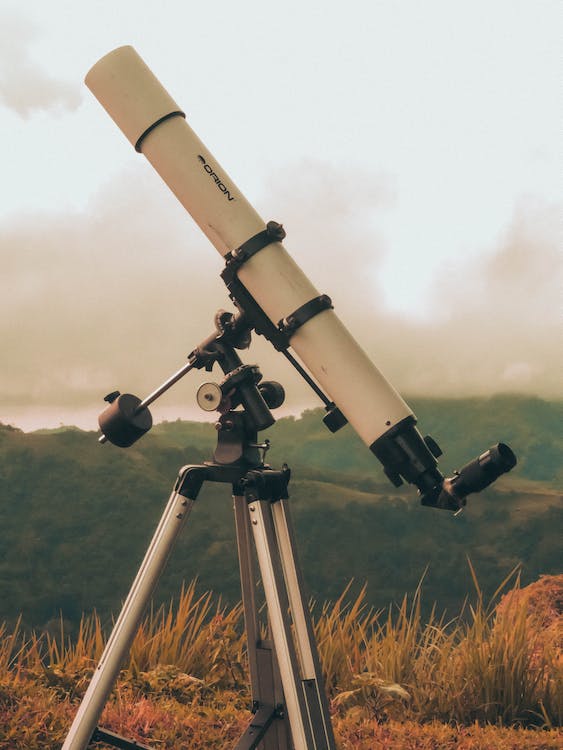
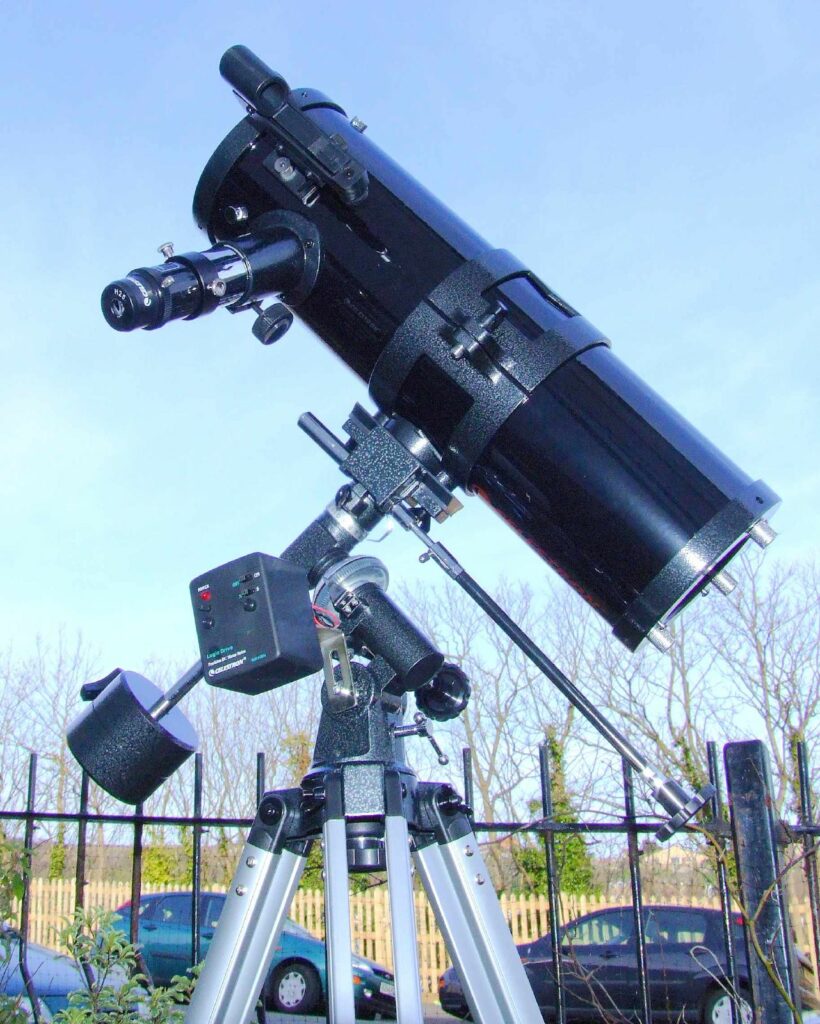
Reflector telescopes use mirrors to gather light and form an image. They are often more affordable than refractor telescopes and are ideal for viewing deep-sky objects such as galaxies and nebulae. Reflector telescopes also tend to have larger apertures than refractor telescopes, which allows them to gather more light and produce clearer images.
Catadioptric telescopes are a combination of both refractor and reflector telescopes and use both lenses and mirrors to form an image. They are often more compact and portable than other types of telescopes and are ideal for those who want the best of both worlds.
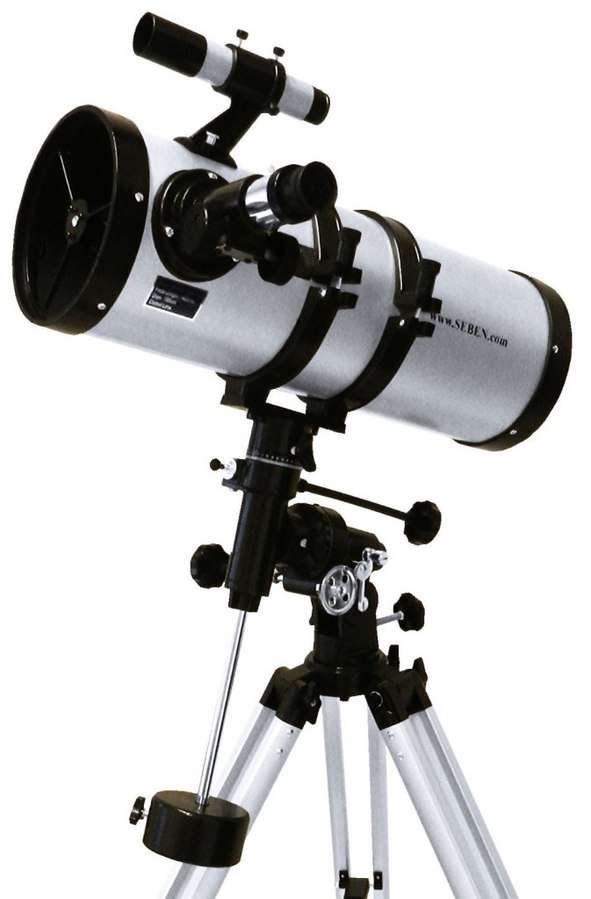
Factors to Consider if You Rent a Telescope
Aperture
Aperture is one of the most important factors to consider if you rent a telescope.
- Aperture refers to the size of the telescope's main lens or mirror and determines how much light the telescope can gather. The larger the aperture, the more light the telescope can gather, which leads to clearer and brighter images of celestial objects.
However, aperture size also affects the size and weight of the telescope. Larger apertures usually mean larger and heavier telescopes, which can be difficult to transport and set up.
Additionally, larger apertures also mean a higher cost, so it’s important to consider your budget when choosing the size of the aperture.
- If you're just starting out and are interested in viewing planets, a small aperture of 60mm or 70mm may be sufficient.
- If you're interested in viewing deep-sky objects such as galaxies and nebulae, a larger aperture of at least 200mm is recommended.
Focal Length
Focal length is another important factor to consider when renting a telescope.
- Focal length refers to the distance between the main lens or mirror and the point where the light converges to form an image. The focal length determines the magnification of the telescope and affects the size of the image you see.
A longer focal length means a higher magnification and a smaller image. This is good for viewing small objects such as planets, but can make it more difficult to locate and view larger objects such as galaxies and nebulae.
A shorter focal length means a lower magnification and a larger image, which is better for viewing larger objects.
When renting a telescope, it’s important to consider the focal length and choose a length that is appropriate for the objects you want to observe.
- If you're interested in viewing planets, a longer focal length of at least 1000mm is recommended.
- If you're interested in viewing deep-sky objects, a shorter focal length of around 500mm is recommended.
Mount
The mount of a telescope is an important factor to consider when renting a telescope as it affects the stability and ease of use of the telescope.
There are two main types of mounts: equatorial mounts and altazimuth mounts.
- Equatorial mounts are designed to track celestial objects as they move across the sky. They have two axes of rotation that are aligned with the Earth's rotational axis, which allows the telescope to follow objects as they move across the sky.
Equatorial mounts are more stable and easier to use for long exposure astrophotography, but they can be more complicated to set up and use.
- Altazimuth mounts are simpler and more user-friendly, but they are not designed for tracking celestial objects. Instead, they move in an up-and-down and left-and-right motion, which makes it more difficult to follow objects for an extended period of time.
Altazimuth mounts are a good choice for beginners and for viewing objects that are not moving quickly across the sky.
Price
Telescopes come in a wide range of prices, from budget-friendly models for beginners to high-end models for experienced stargazers.
When considering the price of a rental telescope, it’s important to keep in mind that you get what you pay for.
Cheaper telescopes often have smaller apertures, shorter focal lengths, and simpler mounts, which can limit their performance and your stargazing experience.
On the other hand, more expensive telescopes often have larger apertures, longer focal lengths, and more advanced mounts, which can provide a better stargazing experience.
Additionally, it’s important to keep in mind that the cost of a rental telescope can also vary depending on the rental company and the length of the rental period. Some rental companies offer discounts for longer rental periods, while others may charge a premium for short-term rentals.
Renting vs Buying a Telescope
Advantages and Disadvantages if You Rent a Telescope
Renting a telescope has its own set of pros and cons, and it’s important to weigh them before making a decision.
Advantages
Disadvantages
Cost: Renting a telescope is often more affordable than purchasing one, especially for beginners who are unsure about their level of interest in stargazing.
Flexibility: Renting allows you to try out different models and types, which can help you determine which ones suit your needs best.
Convenience: Eliminates the need for storage and maintenance, which can be a hassle for those who have limited space or who are unfamiliar with the maintenance required for telescopes.
Access to advanced equipment: Renting a high-end telescope can give you access to equipment that would otherwise be out of reach for those on a budget.
Limited usage: Renting only provides temporary access to the equipment, which means you won’t be able to use it as often as you would like.
Lack of control: When renting a telescope, you are limited by the conditions set by the rental company and may not be able to make certain modifications or upgrades to the equipment.
Dependence on rental company: Renting a telescope means relying on the rental company to provide a working and well-maintained equipment. If the rental company fails to deliver, your stargazing experience will be negatively impacted.
Advantages and Disadvantages of Buying a Telescope
Buying a telescope has its own set of pros and cons, and it’s important to weigh them before making a decision.
Advantages
Disadvantages
Ownership: Owning a telescope gives you permanent access to the equipment, which means you can use it as often as you would like.
Customization: This gives you the ability to make modifications and upgrades to the equipment, which can enhance your stargazing experience.
Control: You are in control of the equipment and its maintenance, which can give you peace of mind.
Potential for resale: Owning can be a good investment, as well-maintained telescopes often hold their value and can be sold for a decent price.
Cost: Can be more expensive than renting one, especially for high-end models that have advanced features and capabilities.
Maintenance: You are responsible for its maintenance, which can be a hassle for those who are unfamiliar with the equipment or who have limited time.
Storage: Owning a telescope means that you need to find a place to store it, which can be a challenge for those with limited space.
Lack of flexibility: You are committed to the equipment you purchase, which can limit your flexibility to try out different models and types.
Where to Rent a Telescope
The International Library Telescope Program
The International Library Telescope Program offers telescope rentals for free at more than 900 library locations across the world.
Local astronomy enthusiasts take care of the telescopes. They clean and adjust them and help library visitors with any astronomy questions. Sometimes, library members or students also get involved and learn about taking care of the telescopes.
The library telescope program offers different options such as the Orion StarBlast 4.5-inch Astronomical Telescope, the Zhummell Z114, and the Bresser 5″ Dobson telescope.
These telescopes are chosen because they’re easy to use and strong. People often make a few changes to them to make them tougher and more user-friendly. They’re not too big, but they have a big lens, so you can see lots of details on the Moon and other things in the sky.
So, if you’re thinking about renting a telescope, check out librarytelescope.org to see if the program is available in your area!
Local Telescope Shops
Local telescope shops are another option for those looking to rent or buy a telescope. The advantage of visiting a local shop is that you can see and handle the telescopes in person, ask questions of the knowledgeable staff, and get advice on the best options for your needs and budget.
When visiting a local telescope shop, it’s important to bring a list of your observing goals and budget, as well as any questions you may have.
The knowledgeable staff can provide you with detailed information about the different types of telescopes and help you find the best option for your needs.
Local Astronomy Clubs
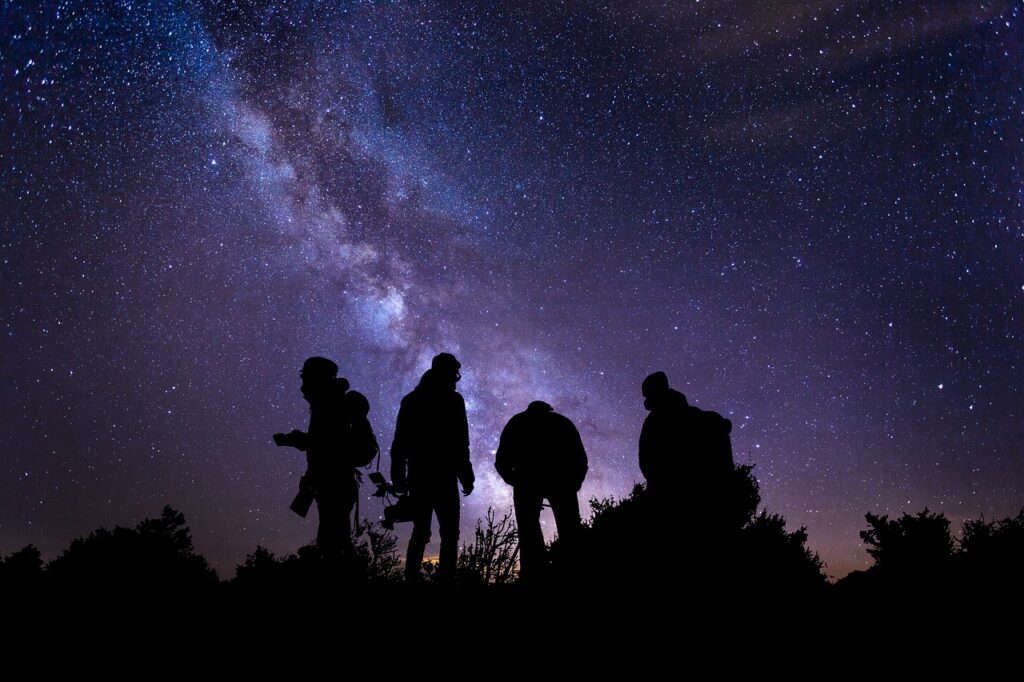
Astronomy clubs are another valuable resource for those interested in renting or buying a telescope. Astronomy clubs are organizations of amateur and professional astronomers who share a passion for the stars and the night sky. They often hold meetings, star parties, and other events, and can be a great way to meet like-minded individuals and learn more about telescopes and stargazing.
Some benefits of joining an astronomy club include:
- Access to knowledgeable individuals: Members of astronomy clubs are often passionate and knowledgeable about telescopes and stargazing, and can provide valuable information and advice on choosing a telescope.
- Hands-on experience with telescopes: Many astronomy clubs have telescopes available for members to use, providing an opportunity to try out different types and sizes of telescopes before making a rental or purchase decision.
- Opportunities to participate in star parties and other events: Astronomy clubs often hold star parties and other events, providing a chance to observe the night sky with a group of like-minded individuals.
To find an astronomy club near you, you can search online for local astronomy organizations or check with your local science or nature center.
In conclusion, deciding to rent a telescope can be a great option for those who are just starting out or who only want to use a telescope occasionally. Buying a telescope can be a good choice for those who are serious about stargazing and want the convenience of having a telescope at their disposal.
Whether you choose to rent a telescope or buy, there are many resources available to help you make an informed decision, including online retailers, local telescope shops, and astronomy clubs. By taking the time to research and understand your options, you can ensure that you find the right telescope to meet your needs and enhance your stargazing experience.

Andrew
With years of experience and a passion for exploring the cosmos, I want to be your go-to destination for all things celestial. My mission is to bring the wonders of the universe to your fingertips and demonstrate how the art of stargazing and telescope therapy can nurture not only your astronomical curiosity but also your mental health. Explore the cosmos with me and discover the profound connection between the night sky and your inner peace.
We may earn commissions through affiliate links in this post. This means we may receive a small commission if you make a purchase through these links. This comes at no extra cost to you and helps support our site’s content. We only recommend products or services we believe will add value to our readers. Your support is appreciated!

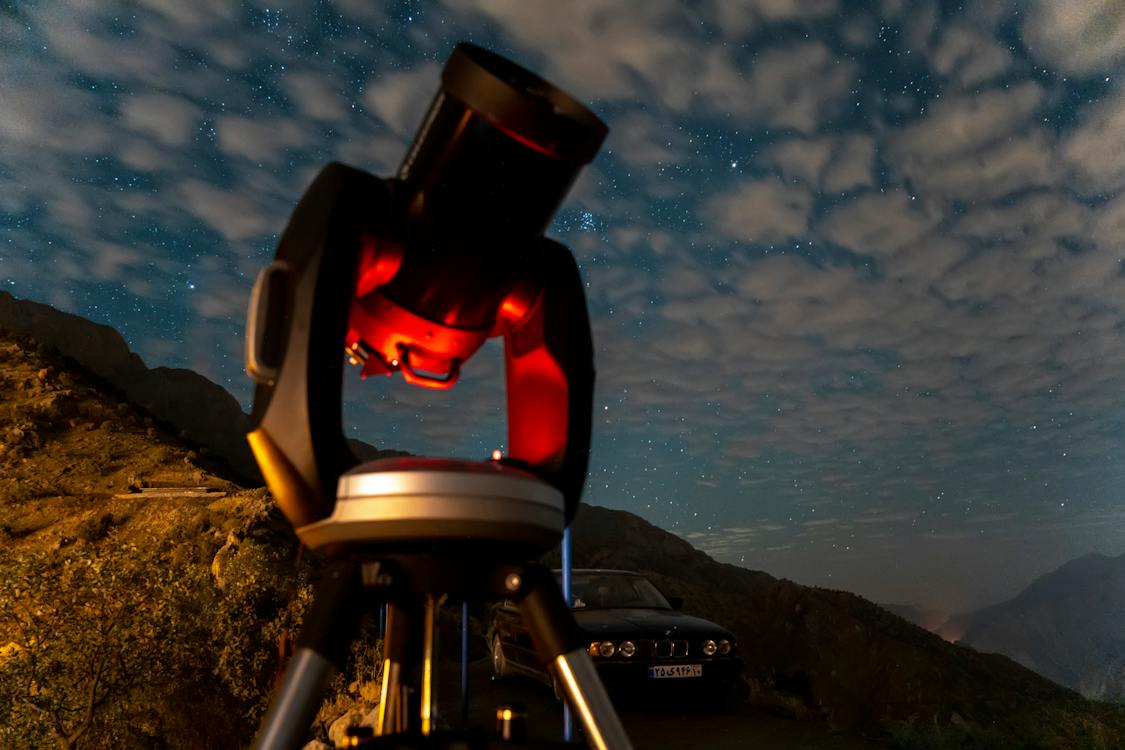
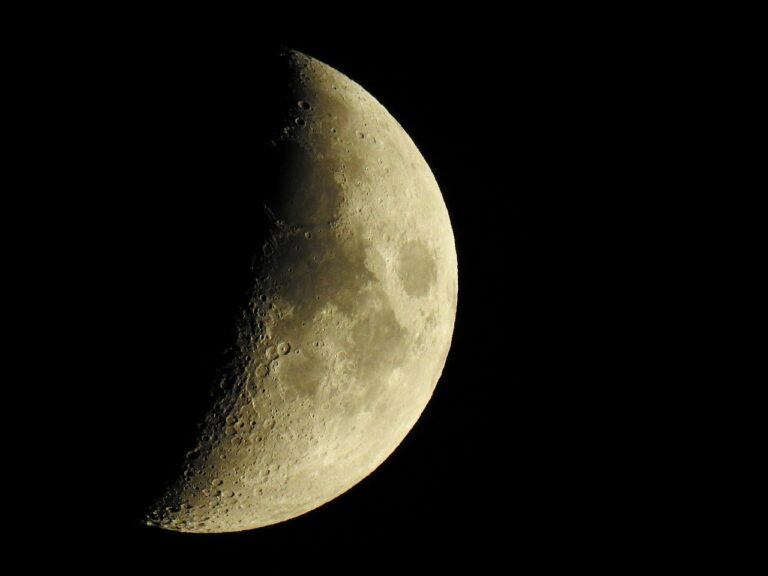
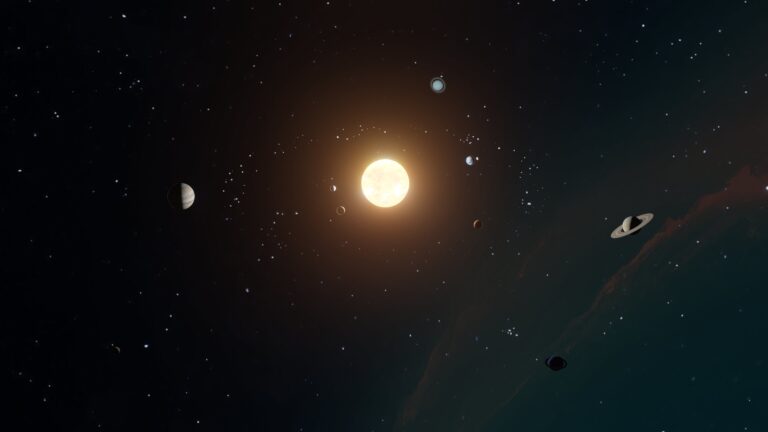
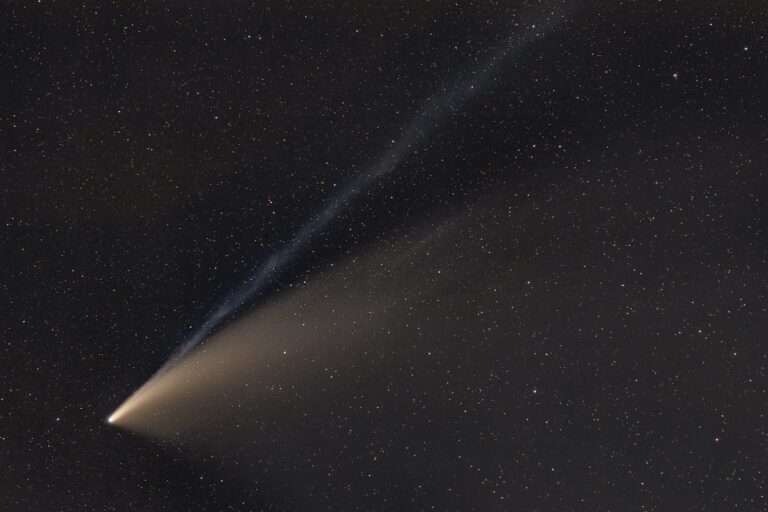
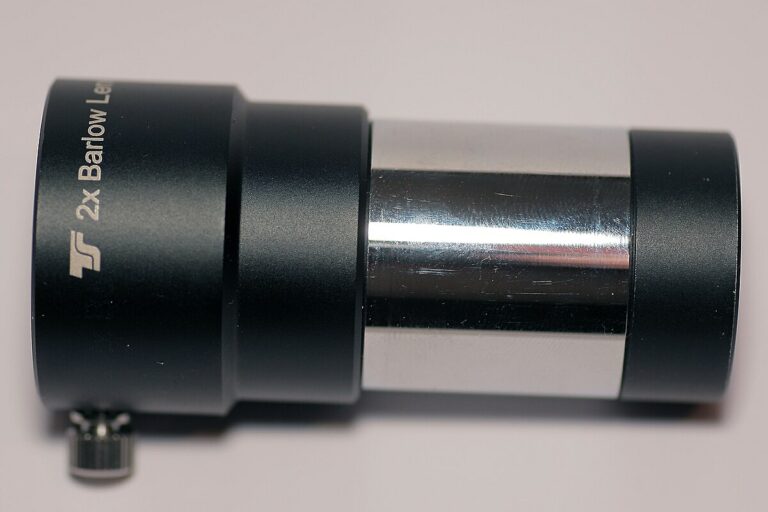
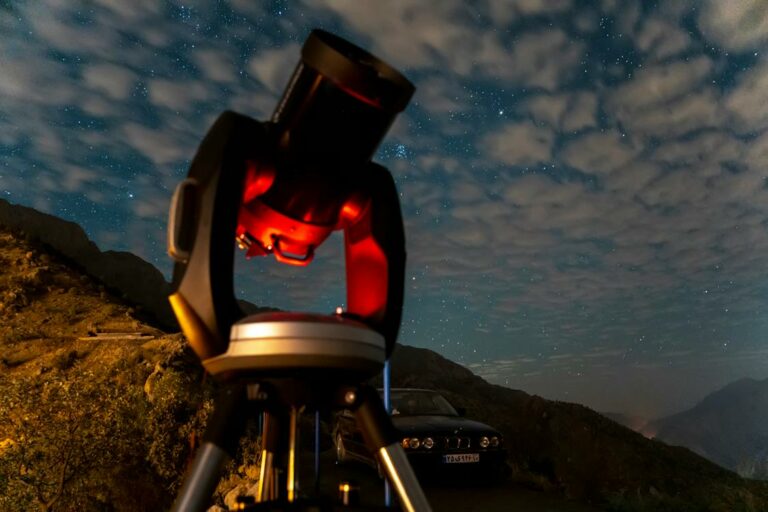
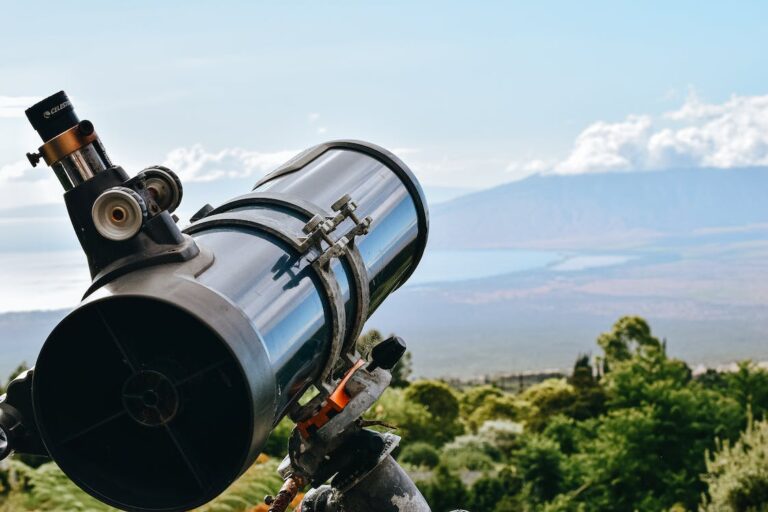
+ There are no comments
Add yours